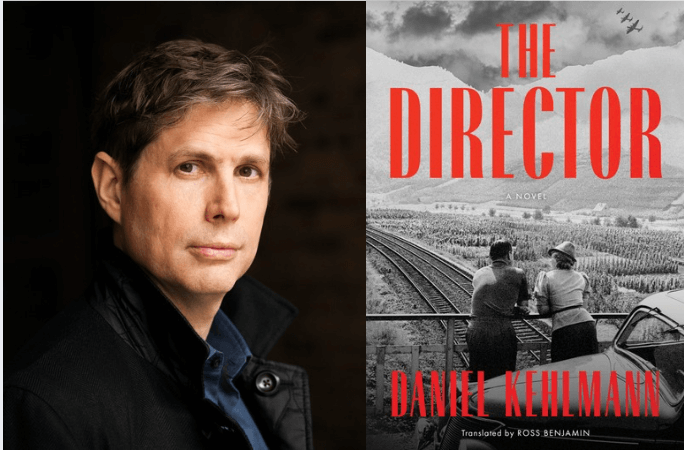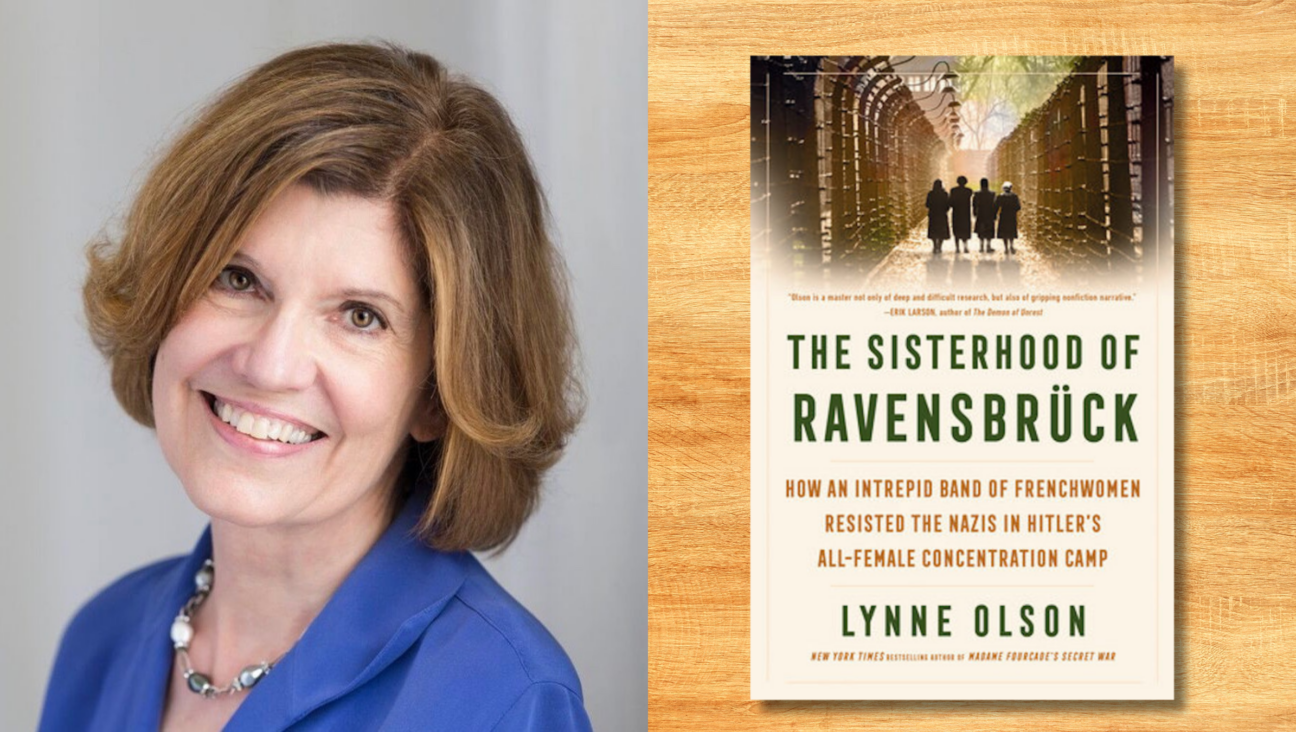Forward Fives: 2012 in Poetry

Graphic by Angelie Zaslavsky
In the annual Forward Fives selection we celebrate the year’s cultural output with a series of deliberately eclectic choices in music, performance, exhibitions, books and film. Here we present five of our favorite works of poetry of 2012. Feel free to argue with and add to our selections in the comments.
This year, among the Forward’s five notable poetry books, there are two memorable retrospective collections by Alicia Ostriker and Michael Heller, as well as three books of brand new poetry from Adeena Karasick, Hank Lazer and Rachel Tzvia Back.
It is particularly curious to juxtapose Lazer’s “N18” and Karasick’s “This Poem,” as both books engage with the timely question of the poetic medium: What does poetry look like, and how might it be read in a time when the very process of reading — and the existence of a book — is a blinking question mark. Lazer’s hand-written “shape poems” move against the current of the reflowable text trend, hearkening to poetry’s hand-written past, and also pointing to what might become a hallmark of poetry’s future — multiple points of entry into the non-linear ocean of text. Karasick’s book, however, speeds right along with the media overload, incorporating its methods and lingo, laughing with and at it, both critiquing and poeticizing. Please note that the books are arranged in alphabetic order, based on authors’ last names.
Rachel Tzvia Back, “A Messenger Comes”
Rachel Tzvia Back’s collection “A Messenger Comes” is a book of mourning — that is, poet’s mourning for her father and sister. This isn’t an elegy or tribute, however, but a series of polaroid-like moments of a poet’s giving in to the page, throwing herself against language, testing language’s ability to reflect and uphold her loss, dread, confessions, and above all, unabashed desire to hold on to her loved ones. Back descends to the primordial sorrow that has been for so many centuries, at the very root of poetry.
Michael Heller, “This Constellation Is a Name: Collected Poems 1965-2010”
Michael Heller’s “This Constellation Is a Name: Collected Poems 1965-2010” spans a varied and distinguished career of this known poet and thinker. More often than not, Heller lingers within poetics of exploration and uncertainty, in the attempt to reinvent his relationship poetry, its functions and uses. Forward readers might be particularly compelled by Heller’s recent cycle of “Afikomen” poems.
Adeena Karasick, “This Poem”
Adeena Karasick’s “This Poem” is a book-long experimental epic, an exuberant ode to language and all of its shades, modalities, vernaculars and accents. The true sensuality of the hypertext could have gone undetected if not for Karasick’s discerning, and naughty, eye.
Hank Lazer, “N18”
Hank Lazer’s “N18” — a collection of hand-written shape poems reflect author’s interest in what he terms as “vectoral thinking,” a movements of thoughts across the surface of consciousness. Lazer’s poems look like textual paintings, and read like musical ensembles.
Alicia Ostriker, “The Book of Life: Selected Jewish Poems 1979-2011”
Alicia Ostriker’s “The Book of Life: Selected Jewish Poems 1979-2011” is a milestone volume that readers of Jewish poetry will reference, and revel in, for years to come. While Ostriker contribution to the poetry world in the past decades has been invaluable, her contribution to realm of Jewish poetry specifically has been absolutely formative. Her experiments with Midrashic poetry, riffs on Psalms, liturgy, usage of these sources to explore personal questions of faith, gender, and family are simply tremendous.























